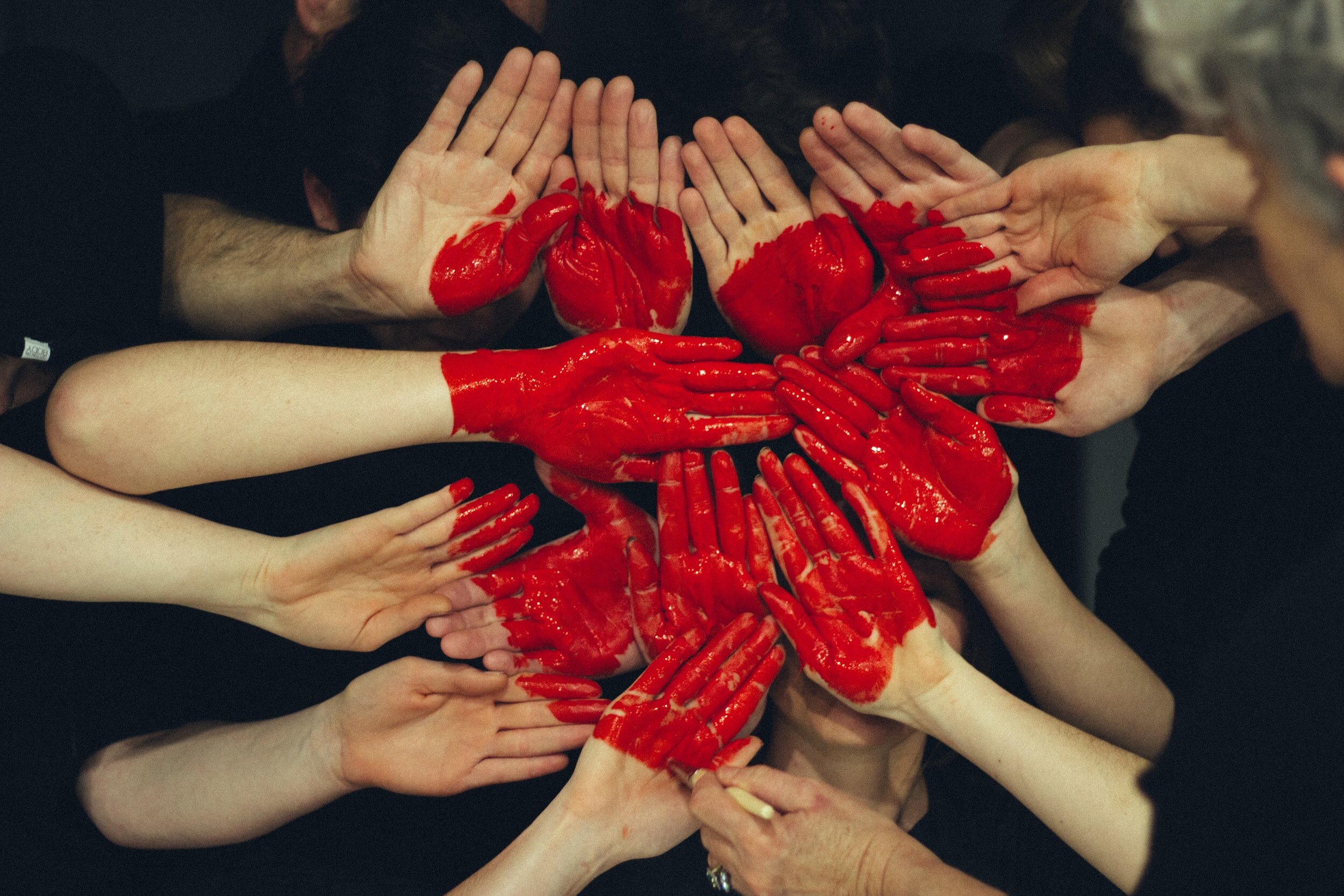If there was ever a theme for the past couple of years, uncertainty would be a contender. It feels as though we are living in uncertain times. Uncertain of how COVID is going to mutate and the continued impacts we are experiencing. Impacts either from the virus itself or how we live our day to day lives. Recently we are faced with the devastation and uncertainty of the Ukrainian people. First a pandemic and now war. That is a heavy sentence. Our lives are filled with the feeling of uncertainty.
When we are feeling uncertain it is easy to feel overwhelmed. It is easy to feel that everything is out of control. It is easy to get swept up in a spiral of powerlessness. Where we cannot control everything, we do have agency.
It is helpful to look at what is happening beneath the initial reaction and the initial feeling. It is counter-intuitive to be curious at what is causing discomfort for us. The more we run away or collapse into our feelings of uncertainty, the more powerless we feel.
We know what happens when we run away from our feelings. A small sampling of what we find ourselves doing is: numbing out on social media, isolating from people in our life, feeling apathetic, drinking more than we ought to, stop showing up for ourselves and let our days coast by. We believe the lie that we cannot do anything to make a difference.
When we collapse into our feelings, we consume more and more news. We despair that this is the way life is always going to be, we isolate from people, we give up pursuing (dreams, goals or people). We believe the lie that nothing matters.
When we are curious and turns toward our uncertainty; we become empowered, we engage and connect. By looking at the places we find ourselves overwhelmed, we begin to see the patterns of that feeling in our lives. When we see the pattern, we are then able to heal. Why does the constantly evolving nature of COVID create anxiety? Perhaps it is because we grew up in chaos and have made a commitment to never be out of control again. Perhaps it is the countless childhood stories you have of goodness or hope being dangled in front of you only to be ripped away again.
Whether you move towards running away from your feeling or collapse, or flip flop between the two, one thing is constant and that is the sense of isolation and the need to pull away. When we isolate we do not show our face. We cannot bear to have our face be seen and we long to be seen—this is the paradox. We need one another. We need other people to see where we are at and say, “You are not alone. You do not have to be alone in this.” We do not need anyone to offer us a platitude but we do need someone to sit with us. The power of presence is what chases away uncertainty. It is okay to feel overwhelmed, uncertain, powerless and stuck. And having another person bear witness to us in these moments creates doorways for us to walk through.
Where can you be seen? Whom can you share your stories with? Who sees you? Who has seen you? Who do you see? Where have you pulled away and isolated?
My invitation to you is to reach out to someone today. Intentionally engage.
If right now reaching out to people in your life feels too big, we are available to be with you. Reach out to us here.
For helping the Ukrainian people: Saint Javelin and Unite With Ukraine






















































